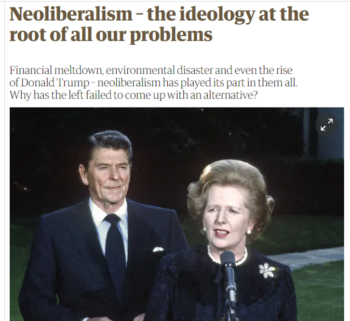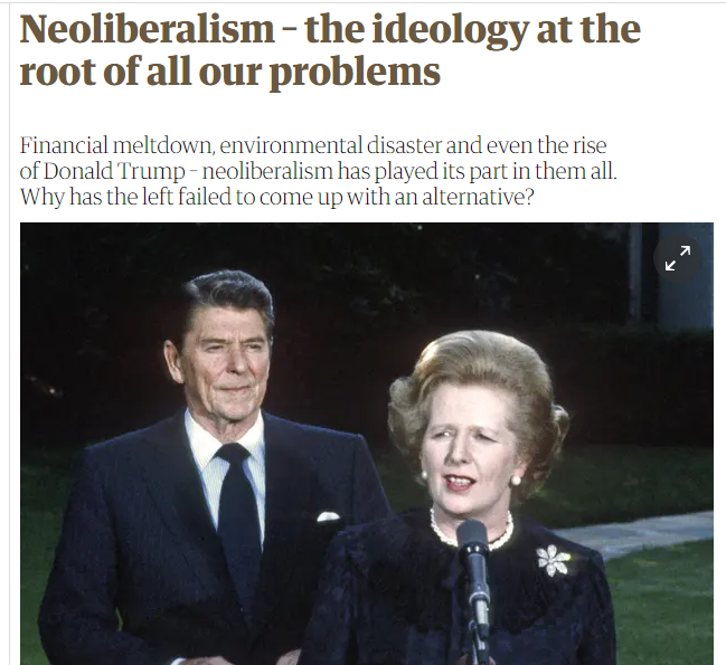
Guest Speaker Stephen McCloskey
The Praxis Project held a seminar in March 2021 entitled
It was delivered by Stephen McCloskey is the Director of the Centre for Global Education (CGE), a development non-governmental organisation in Belfast that provides training and resources on international development issues. He is editor of Policy and Practice: A Development Education Review, a bi-annual peer reviewed, open access journal available at www.developmenteducationreview.com. He regularly writes in both Policy and Practice and open Democracy on development, the Middle-East, social justice and poverty. He is co-editor of From the Local to the Global: Key Issues in Development Studies (Pluto Press, 2003, 2009 and 2015). He also edited Development Education in Policy and Practice (Palgrave MacMillan, 2015). He manages education projects in the Gaza Strip, Palestine and Beirut, Lebanon, and is currently undertaking research on Palestinian refugees across the Middle-East.

Summary of Session
Title of Presentation: Resisting Neoliberalism: The Role of Development Education
Aims:
- To discussion the correlation between neoliberalism and poverty;
- To assess the Sustainable Development Goals as the main policy response to poverty;
- To discuss the capacity of the SDGs to support effective development education.
- De-growth – what is it and how can it respond to the challenges of neoliberalism?
Key Indicators of Poverty
- Half of the world’s population live on less than $5.50 a day;
- The world’s billionaires – 2,153 people in 2019 – controlled as much wealth as 4.6 billion people;
- The combined wealth of the 22 richest men is more than the wealth of all the women in Africa;
- The monetary unpaid work of all women globally is at least $10.8 trillion annually – three times the size of the world’s technology industry;
- A wealth tax of just 0.5% on the richest 1% over a decade could create could create 117 million jobs in education, health and other vital sectors.
- Poverty Trends
Neoliberalism Definition
“Neoliberalism sees competition as the defining characteristic of human relations. It redefines citizens as consumers, whose democratic choices are best exercised by buying and selling, a process that rewards merit and punishes inefficiency. It maintains that “the market” delivers benefits that could never be achieved by planning”.
Neoliberal Characteristics
- The market knows best – neoliberals want to reduce the role of the state in economic planning and decision-making;
- Trickle-down economics: in a market-based system a rising sea of prosperity will raise all ships – in theory;
- Public services – health, education, energy, utilities, transportation – are privatised;
- Reduce tariffs on trade – do as I say not as I do;
- Tax cuts for the rich and the gradual withdrawal of welfare support;
Philip Alston, UN Rapporteur on Extreme Poverty and Human Rights
Philip Alston’s Critique of the SDGs
Eradicating poverty: the SDGs, like the Millennium Development Goals before them, use the World Bank International Poverty Line of $1.90 a day as a barometer of poverty. Its too low a level to support a life of dignity.
Human rights: the SDGs fails to frame their targets in the context of human rights. ‘There is not a single reference to any specific civil and political right, and human rights in general remain marginal and often invisible in the overall SDG context’.
Finance: The Goals are heavily dependent on private sector funding which calls into question their sustainability as a public good.
Inequality: The Rapporteur found low levels of attention by governments with this issue, particularly in regard to gender. At the current rate of growth, he argues, ‘closing the gender pay gap in economic opportunity is projected to take 257 years’
Philip Alston’s Critique of the SDGs
Evaluation: The Rapporteur finds the annual High-Level Political Forum as a mechanism for monitoring SDG progress as weak and characterised by its ‘voluntary nature’. The SDGs are characterised by “bland reports and colourful posters”.
Growth: The Rapporteur questions the sustainability of the SDG 8’s commitment to achieving 7 per cent GDP growth in least developed countries as ‘likely unattainable’ and ‘at odds with emerging challenges to the traditional growth paradigm’.
Climate Change: The Rapporteur found that the Goals “have had little impact in slowing climate change”.
“The UN and its member states are sleepwalking towards failure…Five years after their adoption, it is time to acknowledge that the SDGs are simply not going to be met.”
Development Education Definition
“Development Education is an educational process which enables people to understand the world around them and to act to transform it. It works to tackle the root causes of injustice and inequality, globally and locally to create a more just and sustainable future for everyone”.
Irish Development Education Association (IDEA)
https://www.ideaonline.ie/development-education
Degrowth Definition
“A planned downscaling of the energy and resource use to bring the economy back into balance with the living world in a safe , just and equitable way.” Jason Hickel, Less is More, p.29
Growth v Life Expectancy
Sustainable Development Index
Human Development Index 2020

